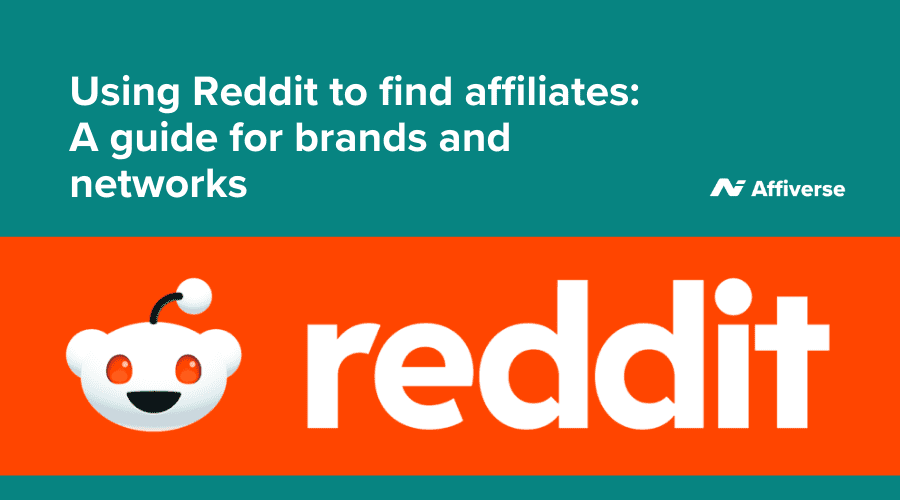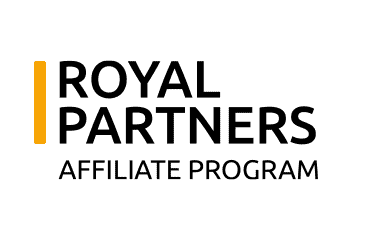Meta has made moves to reinforce its eCommerce and shopping policies by releasing a refresher in the form of a statement on its platforms. The statement has been updated to reflect the company’s new name, plus a few additions to the community guidelines to adhere to.
It comes as Facebook and Instagram make more and more moves towards creating their retail social media platform. It also helps Facebook reinforce its policies after a year of bad press around its platforms’ effects on its users.
The policies cover Facebook and Instagram Shops on Facebook Pages and Instagram profiles as well as Facebook’s Marketplace.
What do the policies say?
Brands and affiliate marketers can look to Meta’s Commerce Policies for outlines on obligations of Facebook, Whatsapp, and Instagram sellers.
Anyone selling on the platforms has to agree to the Merchant Agreement, which covers issues around product safety, payments, tax obligations, and more.
If you are looking to advertise on these platforms you can refer to the Commercial Terms which cover data collection, commercial rights, and local laws.
Everything here is fairly general and is to be expected for anyone selling items, but Meta has its own policies to adhere to while selling on its platforms. There is a list offered of types of adverts that are allowed and ineligible for promotion, as well as policies around data misuse. All users will also have to follow Facebook’s Community Standards and Instagram’s Community Guidelines, which cover the rules of the platform in terms of general behaviour.
How can marketers use this?
It is important to keep up to date with Meta’s guidelines to ensure that marketers are not encroaching on condemned behaviour, either by the standards set by Meta or the local government.
Not only will it result in a bad reputation for your brand from the public, but it can result in consequences for your social media accounts, like being banned, or your business.



















